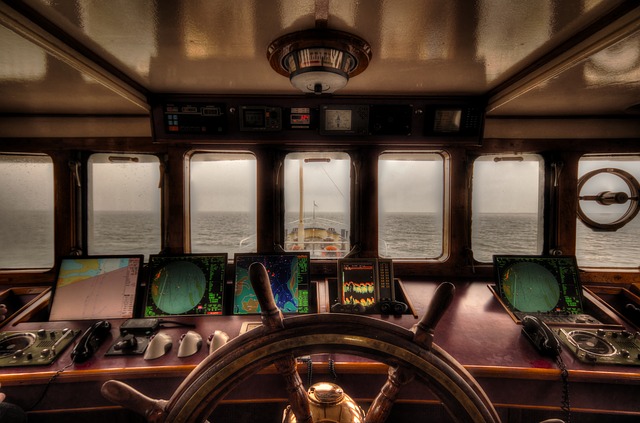
We all get lost from time to time, so it is important to be aware of your surroundings to know how to navigate the water and get back to dry land safely
We all get lost from time to time, so it is important to be aware of your surroundings to know how to navigate the water and get back to dry land safely. That is why GPS has become an invaluable tool in the maritime industry for navigation. GPS, or Global Positioning Systems, are satellite-based navigation systems that can pinpoint a location on Earth with incredible accuracy. Just like the GPS in your phone or car, marine GPS receives radio signals from multiple orbiting satellites to determine your position. Here is a quick overview of using GPS on your vessel.
Why Do You Need GPS?
A GPS is an integral part of your boat’s emergency equipment and can save lives. It an essential tool for navigation safety, whether you are using it in rough seas or during nighttime navigation. It can protect you from disasters and keep you away from storms. Even if you’re not in harm’s way, it can help guide you through harbors when returning to the marinas.
Navigating With a GPS
Initially, boating GPS units displayed your position in latitude and longitude. While that information can still be displayed, on most modern marine GPS, people use a digital chart to see where they are, similar to viewing your position on the street map on your phone. It will act as a compass, giving you a bearing to your destination based on your current position. They are also helpful for marking waypoints, convenient to have if you are making the same return journey. Your navigation unit will tell you when you are off course via a series of alarm sounds, and more importantly, re-calculate to help you steer back in the right direction.
Types of GPS
There are many different models of GPS units, all with varying prices and features. Depending on the size of your boat and what you will be using it for will help you determine which GPS is suitable for you. There are three general sizes of GPS units: handheld, portable, and dash-mounted systems. Handheld and portable units usually have smaller screens and run on batteries. However, their battery life may not last all day and will need to be plugged in. Dash-mounted GPS can be placed near the helm for easy access and comes with a much larger screen.
Ready to install a brand new navigation system for your vessel? Contact us today to get started!
Marine Electric Systems, LLC is a Leader In the Maritime Industry
We here at Marine Electric Systems have over 30 years of industry experience. You can trust our team for reliable service and expert craftsmanship in the Maryland, Baltimore, Annapolis, and Baltimore city areas! We’re highly certified and adhere to all ABYC and NMEA regulations. We specialize in top-notch electrical solutions for recreational, commercial, and government boating clients. Anything from electrical refits, to navigation systems, or boating maintenance. To stay up to date on our services, follow us on Facebook, LinkedIn, Pinterest, Instagram, and YouTube. You can also contact us at 410-263-0807.
